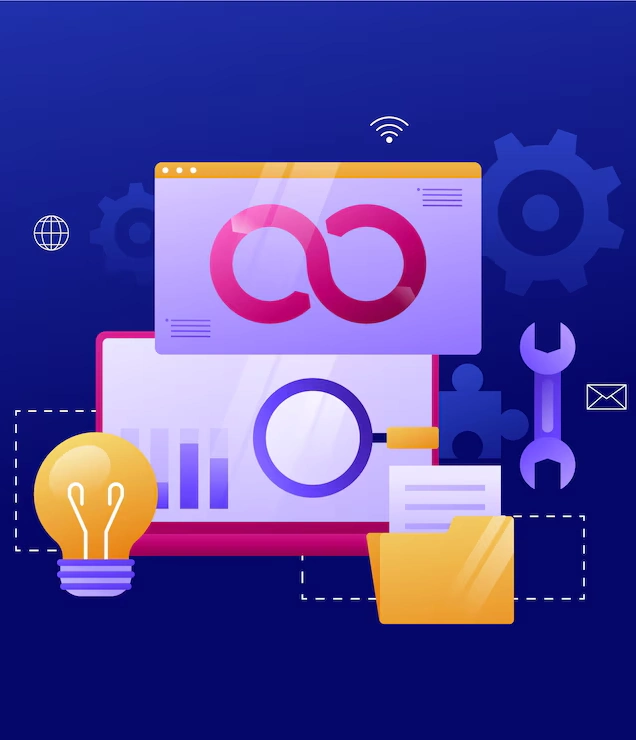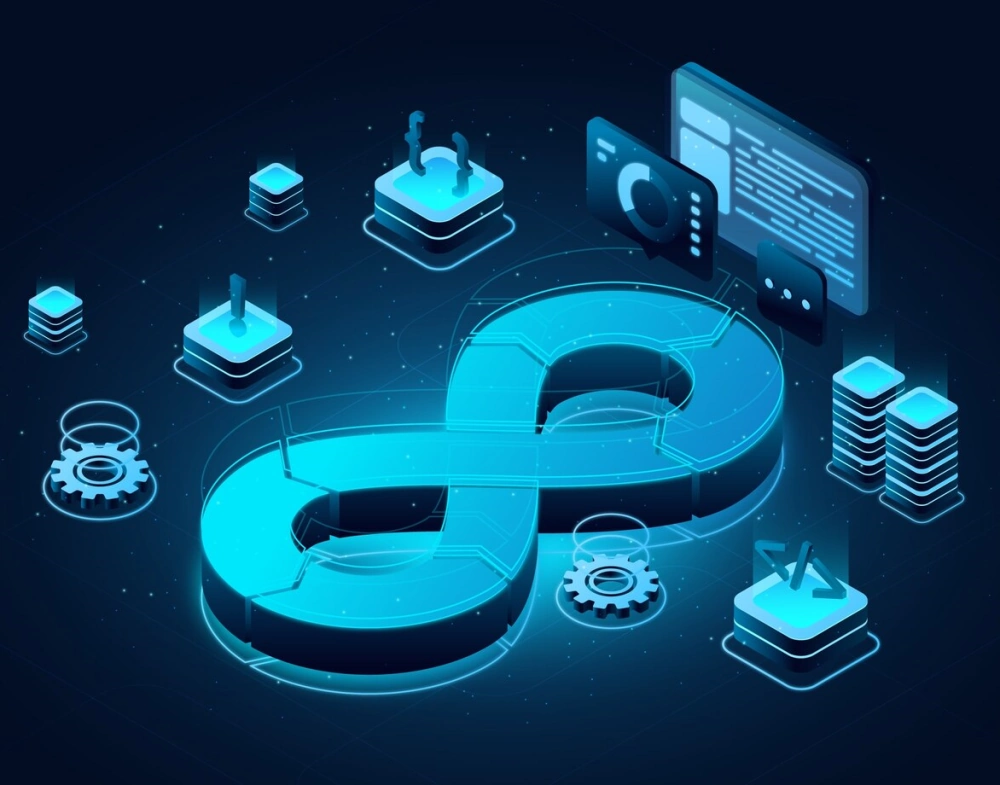
Empower your software development lifecycle with our DevOps services
At Steigen Synergy, we understand the importance of agility and efficiency in today's fast-paced digital landscape. Our comprehensive suite of solutions is designed to help businesses harness the power of video data for enhanced security, operational insights, and business intelligence. Explore our offerings, including On-premises VMS, Cloud-based VMS, and Hybrid VMS, tailored to meet your specific needs. Whether you're looking to migrate to the cloud, implement CI/CD pipelines, or enhance security with DevSecOps practices, we have the expertise to guide you through your DevOps journey.
Empower your software development lifecycle with Steigen Synergy's DevOps and Platform Engineering services. Our expertise in DevOps practices and platform engineering enables you to optimize agility, streamline automation, ensure continuity, and enforce governance throughout your development process.
DevOps Maturity Model
At Steigen Synergy, we've developed a comprehensive DevOps maturity model to help companies assess their current vs. desired state of DevOps adoption.

